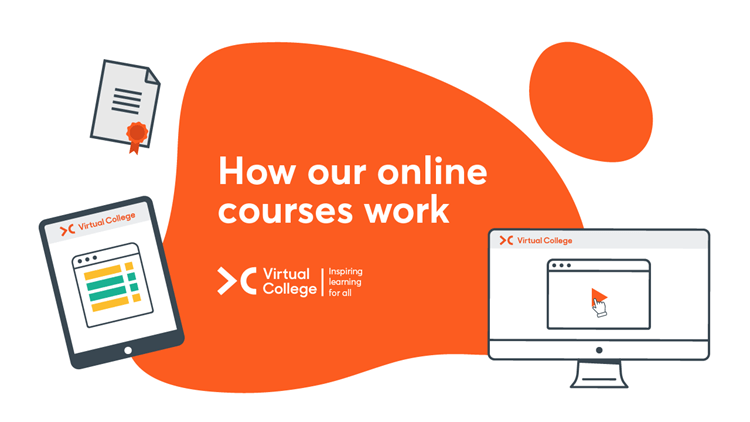Statutory & Mandatory Training: Preventing Radicalisation Introduction
Our Preventing Radicalisation Introduction online course helps you understand how people are radicalised, and recognise the risk factors and signs of radicalization. Once completed you will receive a Preventing Radicalization Introduction CPD certified certificate.
Course Overview
Format
- Introductory Course
- Up to 45 Minutes
- Online Study
- Self-Printed Certificate
Accreditation
- 1 CPD Hour
- CPD Certified
Course description
Radicalisation is the process through which a person comes to support extremist ideologies.
It can result in a person supporting terrorist violence. Understanding how people are radicalised, and recognising the risk factors and signs of radicalisation, can help you to act appropriately and prevent people from being drawn into terrorism.
This module looks at the government’s strategy for preventing terrorism, and what this means for healthcare professionals; how to recognise if an individual may be vulnerable to, or experiencing, radicalisation; and what to do if you have concerns.
Preventing Radicalisation Introduction Training Course Features
Our Statutory & Mandatory Training: Preventing Radicalisation Introduction has been designed to work on all devices including mobiles, laptops, tablets and desktops giving you the flexibility to complete the training at a time and in a location suitable for you.
With healthcare staff often expected to complete training on an annual basis there will be topics you will be more familiar with than others. Our self assessment tool, which is at the start of each course, will allow you to test your knowledge to see if you would like to complete the training or progress straight to the end of course test.
At the end of this online preventing radicalisation course, you will need to complete a test that consists of multiple choice questions. Learners are required to achieve an 80% pass mark, and - if necessary - may attempt the test six times at no extra cost. If learners do not achieve the pass mark, further attempts may be given by contacting our support team.
The preventing radicalisation online training is fully interactive and is packed with various multimedia forms including video, animation and custom graphics to give you the best learning experience.
Each element of the training is WCAG 2.2 accessible and includes scenarios, contextualised activities, reflective activities, knowledge checks, bite sized lessons and so much more.
Accreditation
The content of this training course has been independently certified as conforming to universally accepted Continuous Professional Development (CPD) guidelines.
Duration
This course will take up to 45 minutes to complete, depending on how quickly learners can study and absorb the material. Learners do not have to complete all the training in one session as progress is recorded throughout.
Entry requirements
There are no specific entry requirements for this course.
Framework
Our Statutory & Mandatory Training: Preventing Radicalisation Introduction online training course is mapped to the Skills for Health Core Skills Training Framework.
Here we explain the framework and their importance.
Skills for Health Core Skills Training Framework:
The Core Skills Training Framework sets out minimum learning outcomes, frequency of refresher training and is linked to relevant legislation or expert guidance.
It can be used by any healthcare employer in the UK including NHS, independent and voluntary providers.
We have mapped our eLearning courses to the learning objectives within the Core Skills Training Framework, to give organisations the confidence that they can use the eLearning as a foundation for their wider training programmes.
You will learn
- List the objectives of the Prevent strategy and describe how the health sector can contribute to the agenda
- List your responsibilities in relation to Prevent
- Explain what places an individual at risk of radicalisation or makes them a risk to others
- Describe the indicators that might suggest that radicalisation is occurring
- Describe how individuals might be directly or indirectly influenced
- Explain the importance of sharing information, and the consequences of failing to do so
- Explain what you should do if there are concerns that an individual is potentially being drawn into terrorism
Who is it for?
Roles including:
- Frontline NHS staff clinical and non-clinical, who have contact with adults, children, young people and/or parents/carers

















